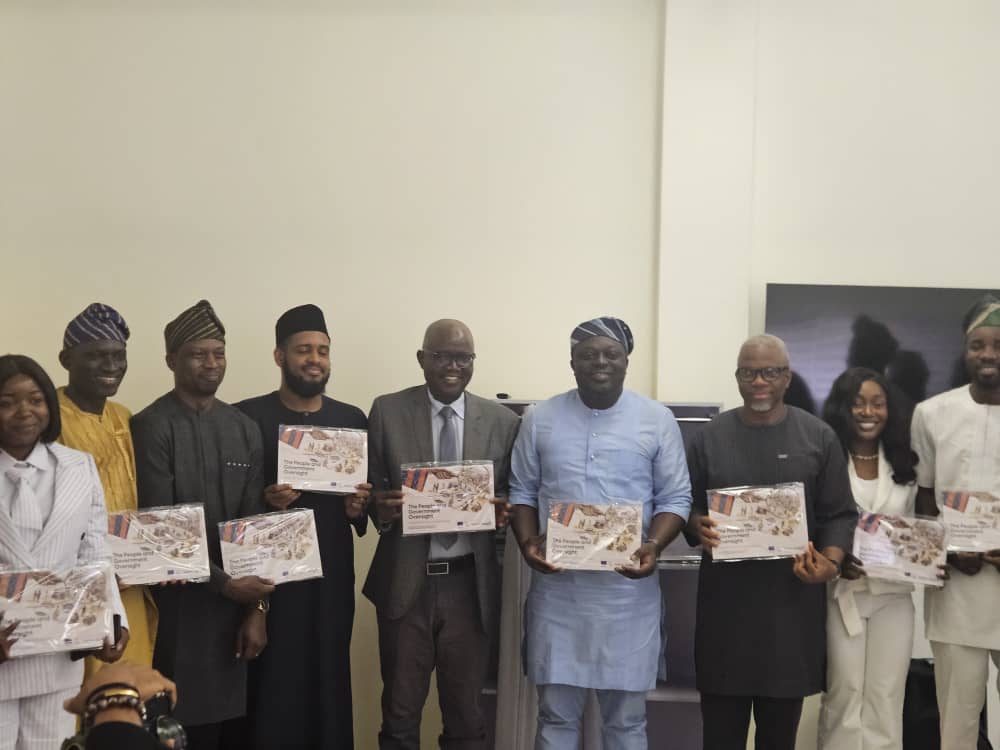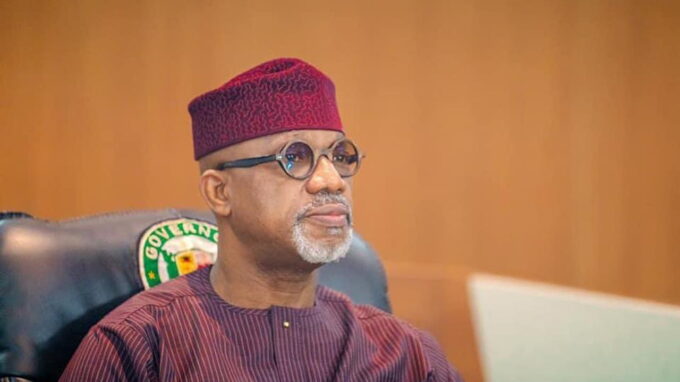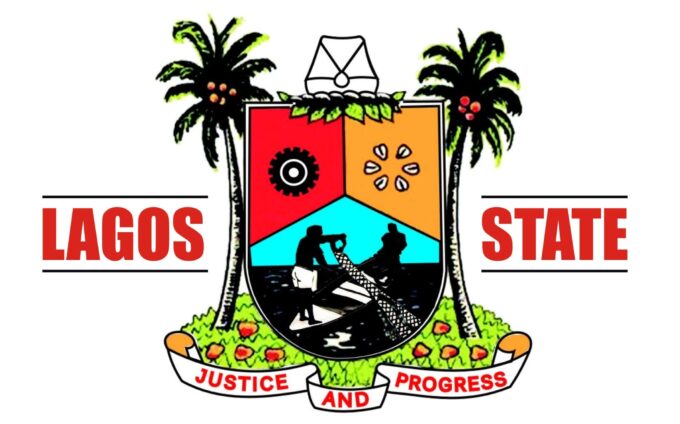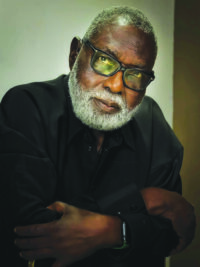…Over 2,700 Capital Projects Across 30 States Tracked In 13 Months Reveal Massive Gaps.
.,.. Imo, Lagos, Kwara, Ogun Identified As Hot Spots Of Fraud, Substandard Works
… 28.8% Of Projects Never Executed, 57% Delivered Fraudulently Across Key States
… Health Centres, Dams, Solar Projects Lag Despite Funding Under 2024 Budget
Daud Olatunji
Federal government projects worth N219 billion under the 2024 budget were abandoned, poorly executed, or never started, a new report by Tracka, a civic technology platform, has revealed.
The findings, detailed in the report titled “The People and Government Oversight: Connecting the Dots in Service Delivery”, were presented in Abuja on Wednesday.
Tracka said it monitored 2,760 capital projects across 30 states over a 13-month period, representing a total allocation of N2.26 trillion.
According to the report, 28.8% of tracked projects, valued at roughly N219 billion, were never executed despite the release of funds.
The worst-hit states include Benue, Ondo, Kwara, Akwa Ibom, and Sokoto, while Taraba, Abia, Adamawa, and Ogun reported the highest concentration of abandoned works, totaling N7.8 billion.
The report also exposed widespread fraud in project execution, with 57.1% of projects delivered substandard, diverted, or poorly executed, accounting for N8.61 billion in mismanaged funds in Imo, Lagos, Kwara, and Ogun, which Tracka identified as hotspots of irregularities.
Critical infrastructure projects, especially dams, fared poorly. Out of 16 dam projects tracked across 13 states, none were completed. Four were abandoned, six are progressing slowly, and six had not started despite funding of N432 million.
Health projects were also lagging. Among 47 primary healthcare centres (PHCs) monitored, only 26 showed tangible improvements.
Twelve remain under construction, while eight operate in deteriorating conditions with crumbling structures and inadequate medical supplies, despite allocated funds.
In the Niger Delta, out of 48 projects tracked across four states, 29 were completed, four ongoing, two untraceable due to unclear locations, and 13 had not started despite released funds, highlighting gaps in project planning and accountability.
Speaking at the launch, Osiyemi Joshua, head of Tracka, said:
“Weak planning and poor transparency continue to undermine public investments. Vague project descriptions, lack of handover processes, and agencies operating outside their mandate remain major challenges.”
Also speaking, Oluseun Onigbinde, executive director of BudgIT, added:
“Nearly 40% of tracked projects were abandoned or improperly executed. Nigeria spends heavily but plans poorly. Without proper evaluation, value for money remains elusive.”
Both experts urged citizens, media, and the National Assembly to play stronger oversight roles to curb waste and ensure that public funds translate into visible development.
The report underscores a widening gap between budgeted funds and actual project delivery, signaling an urgent need for robust monitoring, transparent execution, and accountability across federal projects nationwide.
Do you want to share a story with us? Do you want to advertise with us? Do you need publicity for a product, service, or event? Contact us on WhatsApp +2348183319097 Email: platformtimes@gmail.com
We are committed to impactful investigative journalism for human interest and social justice. Your donation will help us tell more stories. Kindly donate any amount HERE




















Leave a comment